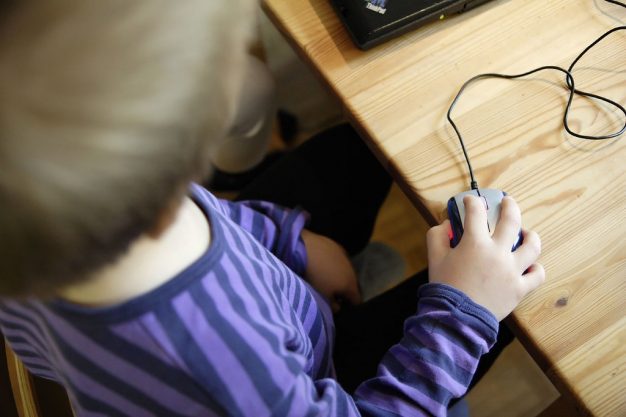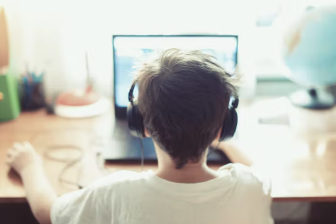
A guide to keeping children safe online
Raising a kid is tough enough without the meddling of the internet. Although the internet offers kids fantastic opportunities for learning and entertainment, there are also many dangers lurking in the dark – from catfishing to child pornography.
With that in mind, it is necessary for children to grow up with some basic safety online rules to keep them safe online. Here are the essential rules.
Never post online photos of your child – at least for public viewing
According to a new study by Nominet, the average parent shares almost 1,500 images of their child online before their 5th birthday. Children’s photographs found online can end up on child pornography websites, especially those where children appear half or completely naked. Even a simple smiling photograph can attract undesired attention. It is advisable to share or send photos by e-mail or in person, and not on social media as it harder to control where these images end up.
Another common mistake parents make – they babble about their children online, often providing key information for predators. It is not necessary to share online information about a child’s school, their schedule, after-school activities and so on. It’s very important to keep this information private. Kids and teenagers are not very concerned about sharing personal information with everyone online, which is why parents need to explain it is vital to think twice before posting anything.
Install software to monitor children’s internet use
Of course, teenagers need their privacy, especially to communicate with friends and they should give them their privacy. While a 16-year-old is more equipped and knowledgeable about the internet than a 12-year-old having some type of monitoring software is a great way to supervise younger children’s internet use as they might end up browsing dangerous websites or accidentally provide personal information. Parents should not use track their children’s online activities but instead should explain why it is necessary. Creating a dialogue with children is more effective and they won’t feel betrayed later on.
No substitute for human supervision
While there are plenty of software and apps that can help parents track their kids’ online activities, block certain websites and keep a detailed history. Parents can help keep their children protected online by encouraging their children to use and keep their devices in the living room. This will allow parents to check up on them every now and then and avoid late night use. With smartphones, parents can limit data plans and restrict in-app purchases. Having and discussing a set of rules for internet use can help keep children safe online and bring families closer.




